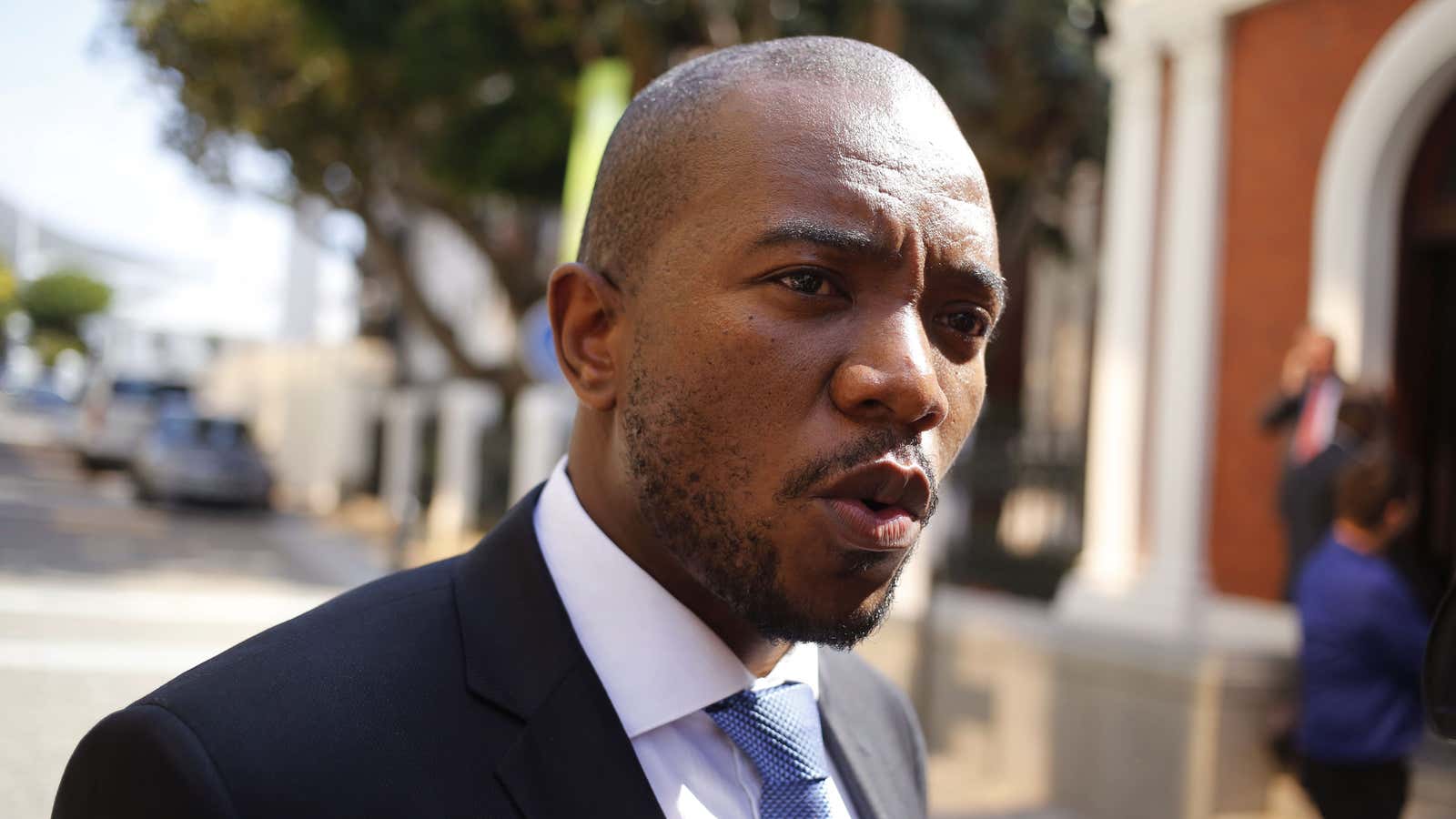The leading opposition party in South Africa, the Democratic Alliance (DA), has billed the Aug. 3 2016 municipal elections in the country as the most important ever. The word “change” dominates the party’s posters.
But the DA is wrong: Aug. 3 will not be the most important electoral date in South Africa – 1994 remains the most momentous year, when black people voted for the first time in the country’s history.
To an outside observer, the word “change” might suggest that the governing African National Congress (ANC) will no longer be the majority party in South Africa after the elections. But those who follow South African politics closely know that such a thing is not about to happen.
The change the DA is touting is the expectation that the ANC might lose three closely contested metros: the Nelson Mandela Bay Municipality on the Indian Ocean coast; Johannesburg, the country’s economic heart; and Tshwane (Pretoria), South Africa’s capital city.
Polls suggest that, in these municipalities, the ANC will not clinch a majority. This prognosis is not far-fetched, considering the party’s performance in the past three elections. As is evident in the table below, the party has been in decline.
Should this decline continue, which is what the polls conducted by research organization Ipsos suggest, the ANC will not be able to constitute a government in these metros.
Chasing an elusive, decisive win
But the polls also predict that the DA will itself not clinch a majority in all three metros. So what’s the excitement about?
The DA’s exuberance lies in the expectation that, should the ANC fail to clinch a majority, the DA will gang up with smaller opposition parties to form a coalition government.
Were that to happen, the DA would be right to describe the 2016 elections as the most important to the party itself. For the first time since its inception, the DA would have the opportunity to co-govern two metros in Gauteng province and another in the Eastern Cape. It already runs the key city of Cape Town.
Such a prospect is intriguing in that the DA seems set to co-govern with the Economic Freedom Fighters (EFF), the party projected to take third place in the upcoming elections. Ideologically, the DA and the EFF don’t see eye to eye.
The EFF wants to nationalize mines and banks, and appropriate land from white farmers without compensation to distribute to black people – à la Robert Mugabe in Zimbabwe. On the other hand, the DA is supported mainly by whites, and it worships capitalism and private property.
If the DA and the EFF are so diametrically opposed, how could they ever dream of co-governing? Well, miracles are possible in South Africa. Who could imagine that the National Party, the party of apartheid, would eventually dissolve into the ANC, an anti-apartheid liberation movement? This miracle happened.
Both the DA and the EFF have already signaled that they are prepared to enter into a coalition government together, difficult as their negotiations will certainly be.
It should by now be clear: what is at stake in these elections is the possibility of the ANC losing three of its traditional support bases.
Historically, the Nelson Mandela Bay Municipality has been a stronghold of the ANC, being home to many leaders of the liberation struggle, including two post-apartheid presidents, Nelson Mandela and Thabo Mbeki. Losing such a municipality would mean that the ANC is being rejected by its own constituency, and thus the party would need to do some serious soul-searching.
Losing both Tshwane and Johannesburg would mean effectively that the ANC-led national government has to knock on opposition parties’ door before entering South Africa’s economic nerve centre as well as the country’s seat of government.
It is now clear that, once it loses a metro, the ANC never gets it back. Cape Town is a case in point, where the DA has solidified its support from its early shaky grounds. There the ANC seems gone – forever.
What’s at stake
If the ANC were to lose the three metros, it would essentially mean the end of Nelson Mandela’s party in Gauteng, the most urbanized province in South Africa. Thus, the party would be retreating into the obscurity of rural existence when the country’s future lies in the cities.
The mere fact that we can now speculate like this is a sign that South Africa is changing. The days of an ANC that has the throats of opposition parties confidently under its heel are over.
We are now entering a new era—the epoch of unpredictable politics. This is precisely what was in the heads of the thinkers who introduced the idea of democracy in ancient Greece.
This, perhaps, is what the DA means when it says the 2016 municipal elections are the most important ever. We must all wait to see if the word “change” on DA posters is reality or fiction come August 3.
Prince Mashele, Senior Research Fellow, Centre for the Study of Governance Innovation, University of Pretoria
This article was originally published on The Conversation. Read the original article.
